Women, Leadership, and Saving the World – Why I Wrote This Book.
Back in the days before COVID, before the great awakening, I had an awakening of my own. I had been doing leadership development work as a consultant for over 20 years, and although I never stopped loving the work, I recognized the limitations of supporting leaders in the current limited, often broken systems and models of the modern business world. I tried to reconcile it all by telling myself to focus on the people in front of me, focus on helping them, and that worked, until it didn't. I got to a point where I could no longer ignore the fact that they were often swimming upstream in systems and cultures that did not support them to really become the leaders they wanted to be. And I certainly couldn't ignore the fact that this was especially true for many women leaders I worked with.
I asked myself if I were to really support those women leaders, for real, what would that look like? It took some time for the vision to form, but it led me to a scary place, essentially walking away from the familiar to begin something new and way more vulnerable, The Women’s Leadership Intensive (WLI).
In the early days, I spent most of my time educating people about the fact that we actually had a problem when it came to women in leadership. It was a very different time, many people didn’t have the awareness or vocabulary to discuss issues of inequality and inequity. Thankfully, that’s changed in the years since, and now so many of us are having conversations about diversity, access, inclusivity and equity.
Even with that huge shift, I found that many people still hadn't really thought much about the systems around them that reinforce certain roles. Why, for example, do we still only have 5% women CEOs in TSX listed companies? Why do women in Canada continue to spend 50% more time on unpaid household labour even though we are 48% of the workforce? We all grow up in a massively gendered society, where different expectations are placed deep inside girls and boys, and it’s so pervasive it’s almost invisible. It’s the frog in the boiling water analogy. We’ve been sitting in the soup of patriarchy for so long, we don’t even notice that it’s burning us.
COVID further accelerated a questioning of the status quo. Movements like the great resignation were only partly due to the direct challenges of the pandemic. The other piece was that the pandemic took many of us out of the soup pot long enough to realize there were alternatives to the way we had been living and working for so long. The rallying cry went from “back to normal” to “build back better”. But where are we now? I would suggest that we are at a very critical moment in time. It’s the moment where we could decide to turn back to the relative safety of the familiar, or move forward into a new place where we don’t quite know what to do next. Scary as the new path may be, we know where the old path leads. We know who wins that game, and we know who loses. Although the old way is familiar and "normal" there is still a cost and some people pay that price more than others.
I didn’t set out to write a book about Women, Leadership, and Saving the World. Honestly, it's scary (who am I to write this book, or any book?) and it's way too much extra work for an already too busy person. But I got to the point where I felt these things needed to be said, and I needed to show up and do my best.
I really wrote the book as a call to action for gender equality and equity in leadership and decision-making. It includes a mix of research, interviews and stories because I wanted to share the data that I've been studying for the past several years and what I think it means, but I also wanted to share my own and others' experiences of living and working in the systems as they are.
Although those stats and stories can be hard to hear, at the end of the day I wrote the book as an inspiration for change and for hope. An optimist at my core, it is my firm belief that women in leadership are a key lever in saving the world from the complex local and global challenges we face today. I hope this book will feed that optimism and belief in you, too.


